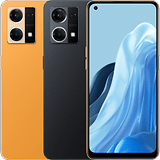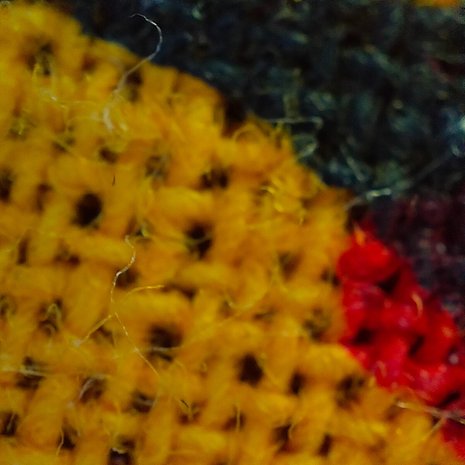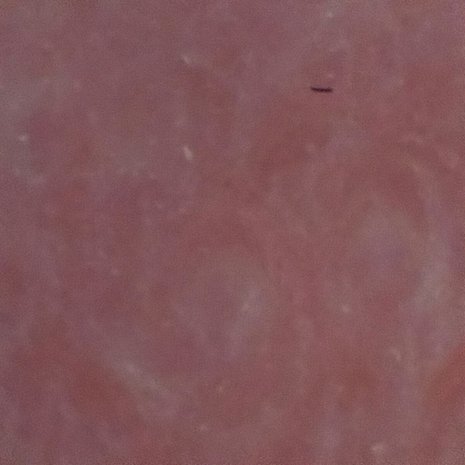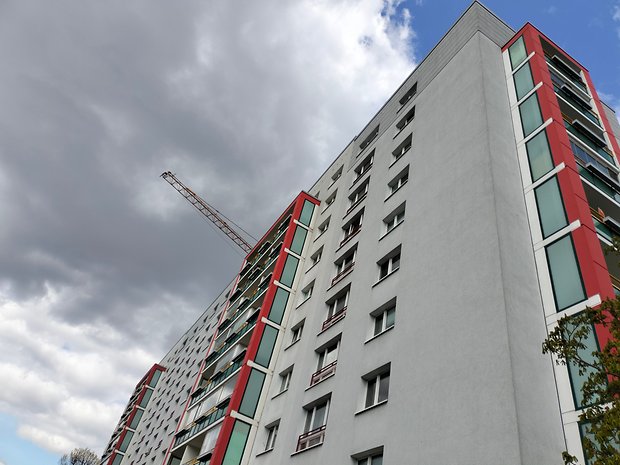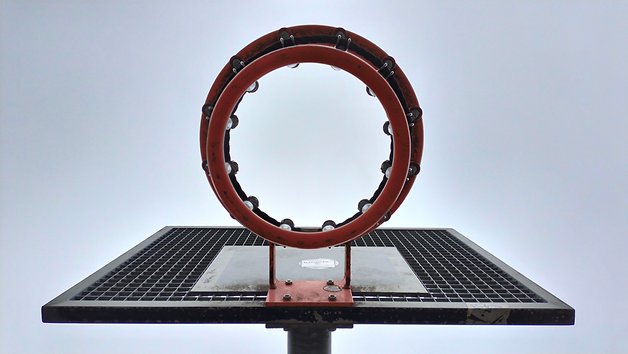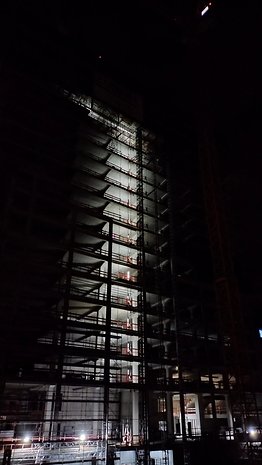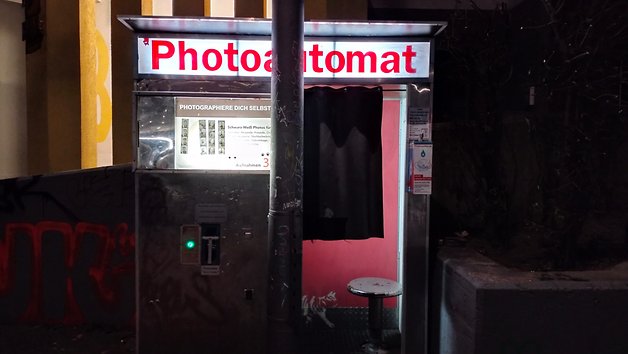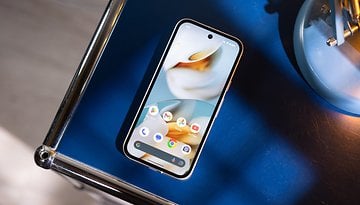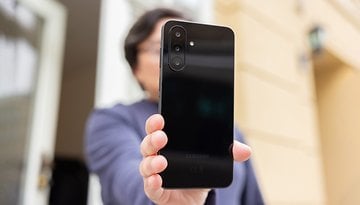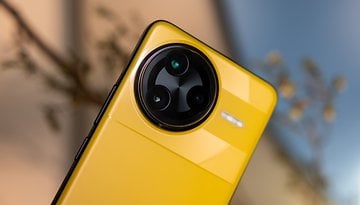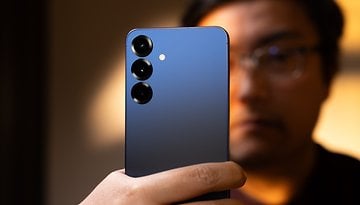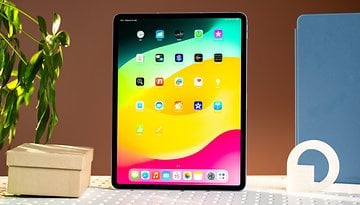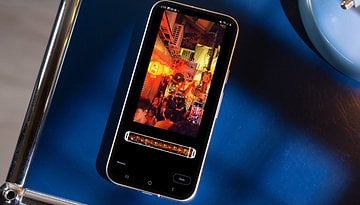Oppo Reno 7 review: A very honest mid-range phone
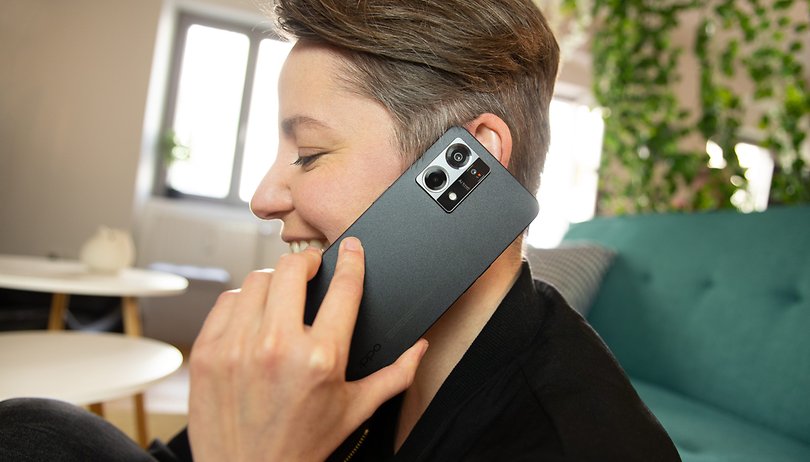

What does a mid-range need to be a strong buying indication? The Oppo Reno 7 is a smartphone with an honest price and competent hardware, but it slips when it comes to software and camera versatility. However, between pros and cons, is this Oppo intermediate worth your attention? Find out in this review of the Reno 7 4G.
Good
- Compact form factor
- Consistent performance
- 33 W SuperVOOC charging
- Support for expandable memory
- Headphone jack
Bad
- Not very versatile camera
- IPX4 only (splash-resistant)
- Bloated software
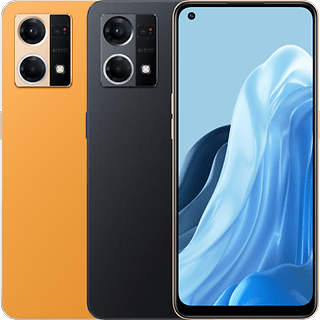
Oppo Reno 7 4G in a nutshell
First of all, the Oppo Reno 7 4G is an affordable smartphone, but unfortunately it is only available in specific regions. The device can be found for the suggested price of €330 in Germany starting this week, and Oppo is offering some special conditions for early buyers.
For the first two weeks, the Reno 7 will be available on Amazon discounted to €299. And there's an additional voucher available, that reduces the price by another 20 euros. That is to say, those who take advantage of this launch offer will pay €279 (around $300).
With consistent performance, software updates for at least two more Android versions and a reasonable amount of memory, the Reno 7 4G has more qualities than flaws. However, if the lack of 5G internet networking and camera versatility are an issue for you, then models like the Samsung Galaxy A33 might be better suited for you.
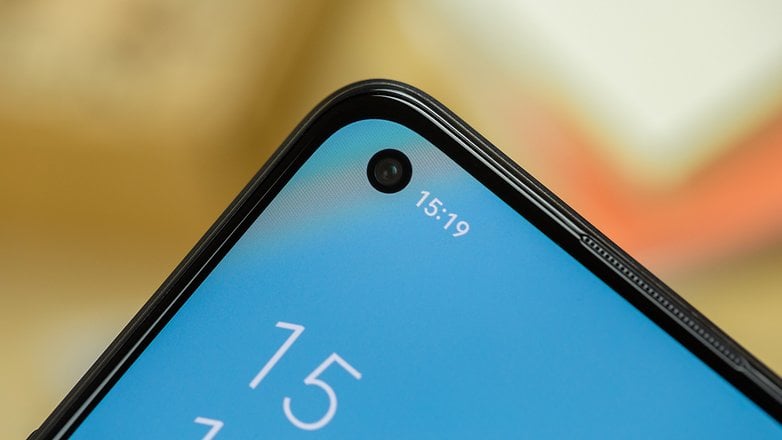
Compact form factor
At first glance, the Oppo Reno 7 looks like a very basic smartphone when it comes to visual design. Called the Ultra-Slim Retro design, the Reno 7 is very reminiscent of the Google Nexus 5 and, consequently, the Google Pixel 5. The matte back cover of the Cosmic Black model is a charm and the 7.49 mm thickness left even the OnePlus Nord CE behind.
What I liked:
- Frosted back cover and compact design.
- LED ring for notifications.
What I didn't like:
- Flimsy buttons.
- IPX4 certification only
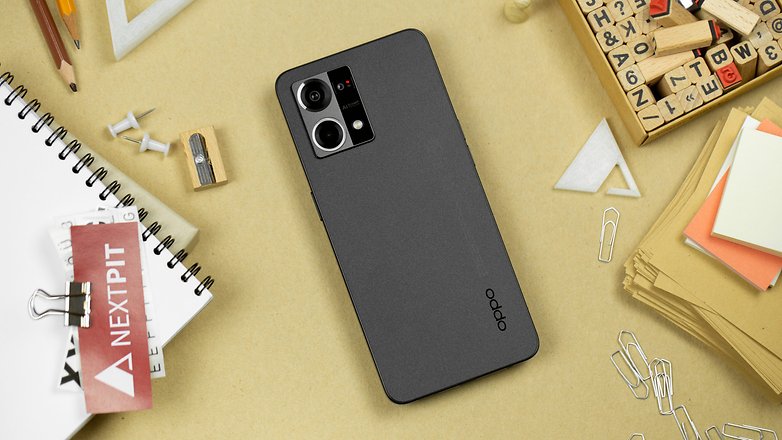
At only 175 grams, the device is very easy to handle, and despite the square design, the camera module with two large lenses manages to break up the straight lines a bit. Also, the LED ring around the secondary camera — Orbit Light — used to announce incoming calls and notifications shows that Oppo can be creative, even when playing conservatively.
Finally, Oppo opted to separate the power and volume buttons on the Reno 7, making the experience with the device simpler. However, just as we saw Google get it wrong on the Nexus 5 in 2013, the Reno 7 4G's buttons make some noise when the device is shaken, as they are a bit loose. In addition, the device only has IPX4 Certification, meaning that it only resists splashes.
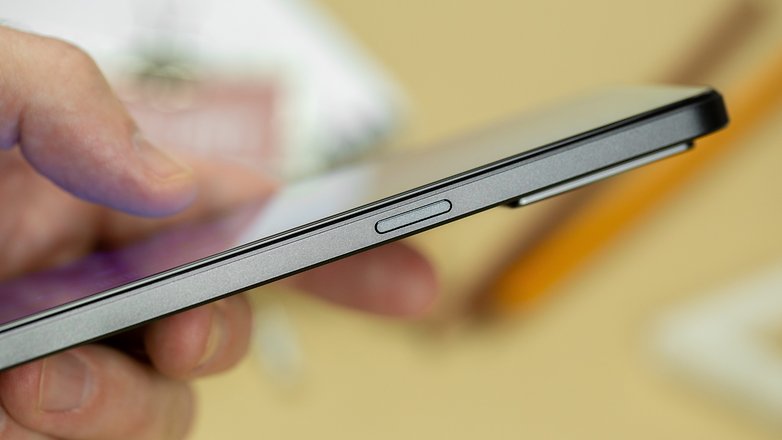
Like other Chinese manufacturers, Oppo ships a clear silicone cover in the box to protect the device. This is especially important to prevent direct contact of the camera module with the surface and, as an added bonus, make sure that the physical buttons remain firmly in place.
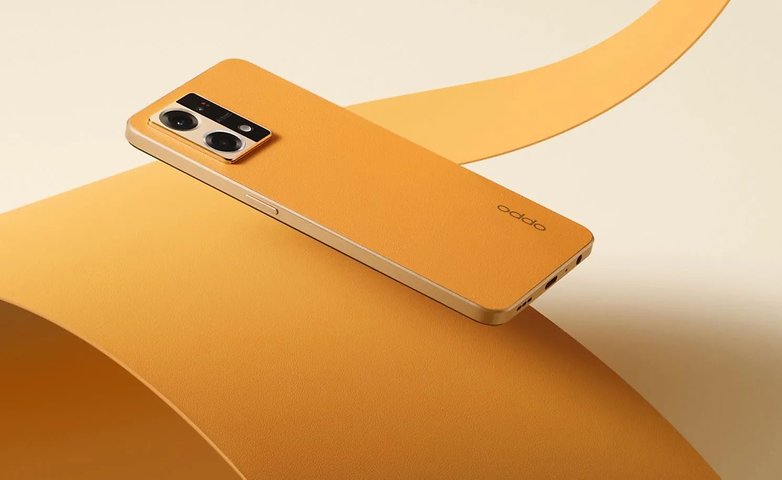
90Hz AMOLED display
The Reno 7 4G is built with a 6.4-inch punch-hole display with a refresh rate of 90Hz and maximum sampling rate of 180 Hz, offering a smooth and fast experience with on-screen content. Oppo opted for an AMOLED FHD+ display in this mid-range and software options to make the colors on the display more vivid.
What I liked:
- Highly responsive screen and smooth scrolling.
- Corning Gorilla Glass 5 on the front display.
What I didn't like:
- -
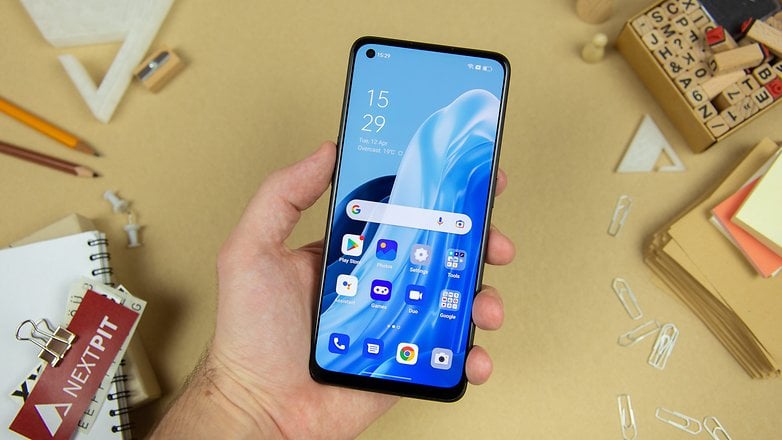
Durability is something relevant in a mid-range smartphone, and despite the low certification regarding water resistance, the Reno 7 4G uses Corning Gorilla Glass 5 protection on the screen. This is another layer of security in case of drops and scratches, but unfortunately it is not a silver bullet, remember that.
Also, from the software, we have the option of using the screen in Vivid and Natural modes, as well as the Eye Comfort option, which protects the eyes from blue light. So, if you are looking for an affordable phone to consume content, this intermediate from Oppo may be a good option, with a maximum brightness of 800 nits.
Another highlight is that Reno 7 offers Amazon Prime Video HD and HDR Certification. In other words, this means that you can watch the service's original series and movies in a wider range of colors and in better contrast — High Dynamic Range (HDR).
Good performance, but a bloated software
The Reno 7 4G is packed by the Snapdragon 680 SoC , announced in the last quarter of 2021, and uses a configuration of four Cortex-A73 cores and four Cortex-A53 CPUs, and an Adreno 610 GPU. This processor is also optimized for better heat dissipation and power efficiency in modern mid-range devices. Perhaps this is why Oppo bases the marketing campaign for this model on gaming services.
What I liked:
- Consistent performance.
- RAM and ROM are decent for a mid-range model.
- Slot for microSD card.
What I didn't like:
- Software packed with bloatware.
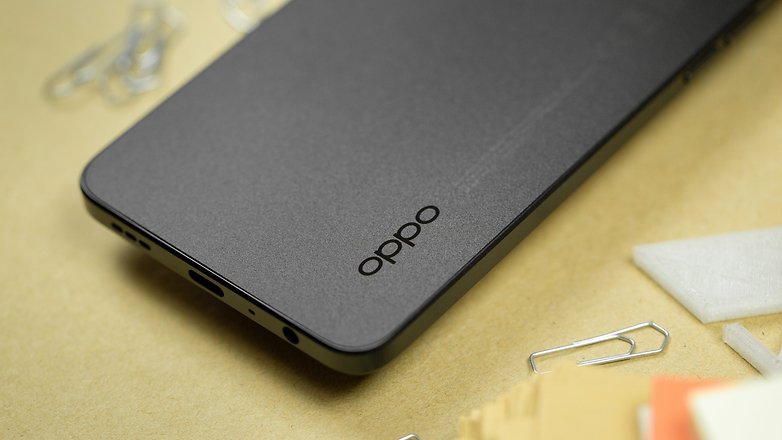
Although this model is sold in only one storage and RAM variant, Oppo has been generous. The Reno 7 4G features 8 GB of RAM and 256 GB of ROM, with the possibility of expanding the memory using microSDXC card. Everything runs quite smoothly on this device, and the performance of the Reno 7's on-screen fingerprint sensor manages to be better than that of the Google Pixel 6 Pro, for example.
When it comes to performance, this device compares to the Xiaomi Redmi Note 10 and Motorola Moto G30 in our benchmark tests. On a day-to-day basis, the experience with the Reno 7 4G was very consistent, at no point did I notice a drop in performance and I was able to have different half-hour sessions like the PUBG Mobile game without noticing overheating, stuttering, or slowdowns. Which made a very good impression on me.
| Oppo Reno 7 4G (Snapdragon 680) |
Xiaomi Redmi Note 10 (Snapdragon 678) |
Motorola Moto G30 (Snapdragon 662) |
|
|---|---|---|---|
| 3DMark Wild Life |
|
|
|
| 3DMark Wild Life Stress Test |
|
|
|
| Geekbench 5 |
|
|
|
What was not so interesting was realizing how many apps come pre-installed on the Reno 7 4G. From Facebook to a PUBG Mobile gift box, the device came with at least 10 apps that I uninstalled right after the first few settings.
On the other hand, the Android 12-based ColorOS 12 is an operating system with a very clean UI and offers a very well-organized and intuitive settings menu. The new Material You customizations range from quick shortcuts to privacy features. In addition, Oppo offers gesture features that use the camera sensor to make the experience more private, such as hiding the content of notifications on the screen when noticing the presence of more people in front of the display.
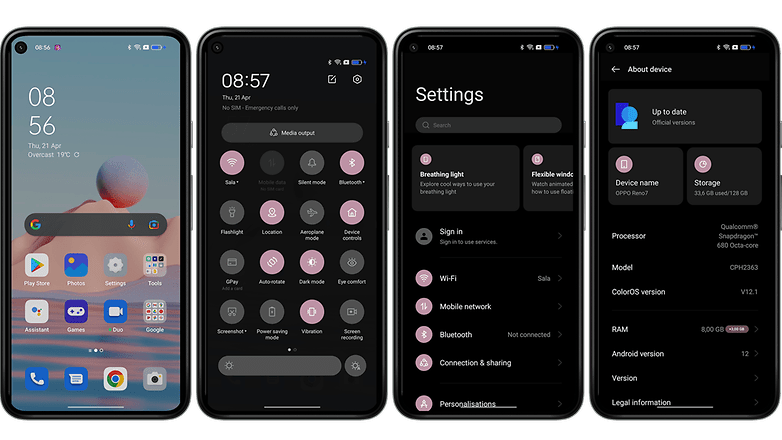
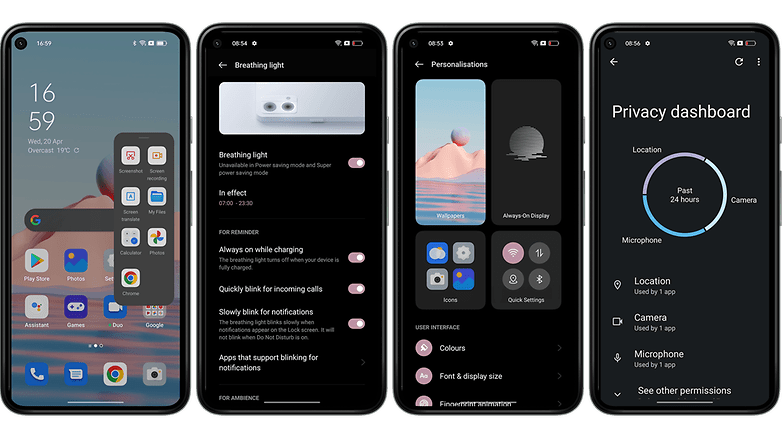
Finally, it must be emphasized that this device does not offer support for 5G internet networks. However, I preferred not to add this feature as a negative thing in this review, as I personally do not consider this bad considering the device's value.
A camera with little versatility
The camera module of the Oppo Reno 7 is headed by a 64 megapixel main camera, accompanied by a 2 MP depth sensor and a 2 MP microlens capable of doing 15x and 30x magnifications. On the front, meanwhile, we have the 32 MP Sony IMX709 sensor with RGBW pixel arrangement.
What I liked:
- Images with vivid colors.
- Selfies keep the natural features of the face.
- Exposure control right on the phone screen.
- Clean software.
Dislikes:
- Not a very versatile camera.
- Poor image sharpness in low light.
- Microlens don't make a difference in everyday life.
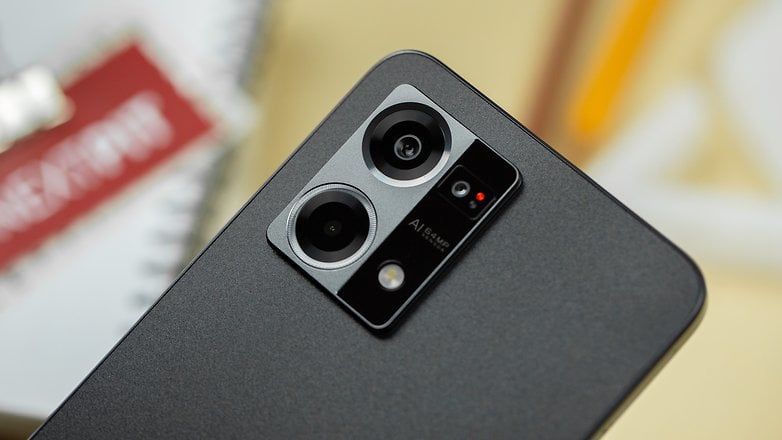
The Reno 7 4G's main camera uses pixel-binned 4-to-1 technology to generate 16 MP images, which is favorable for captures in well-lit environments, such as sunny days. On the other hand, when the light is low, we lose a lot of detail in the photos, generating a less sharp image as magnified.
Another point is that Oppo opted for a Macro camera on this device over an ultrawide one, leaving the Reno 7 without the wide field of view option. Overall, the Oppo Reno 7's Microlens sensor is reminiscent of what we saw in the Oppo Find X3 Pro and its Microscope camera. Thus, it is possible to capture super-sharp details of tissues or plants at 15x magnification; we also have the possibility of using 30x magnification, but it is very difficult to make a sharp image in that setting.
As you can see, the result is quite curious, but I don't consider it a must-have lens on an intermediate cell phone, I would have preferred an ultrawide camera. To keep the lighting on the images captured by the Microlens, the Reno 7 uses the LED ring around the camera.
Among the software options, the Reno 7 4G's Night Mode caught my attention because of the high contrast between light and dark, which amused me a lot during night tests. In addition, the exposure control on the phone's screen allowed me to be very creative about the highlights chosen for the photos in low light conditions. Few mid-range phones I've tested in the last year have made as good an impression on me in this regard as this Oppo model.
The 32 MP selfie camera, on the other hand, was a good choice for this device, and interestingly uses the same sensor as the Oppo Find X5 Pro . Regarding the quality of the images, even in Night Mode it is possible to have satisfactory photos. The Bokeh Mode works very well, respecting the contours of the main object — a feature that even flagships sometimes miss, as I showed in the Xiaomi 12 Pro review.
All-day battery and SuperVOOC charger
When it comes to battery capacity, this device is equipped with 4,500 mAh and features SuperVOOC charging technology up to 33W. With this fast charging solution, the Oppo Reno 7 takes approximately 1h for a full charge.
What I liked:
- Support for SuperVOOC charging up to 33W.
- Charger shipped in the box.
What I didn't like:
- -
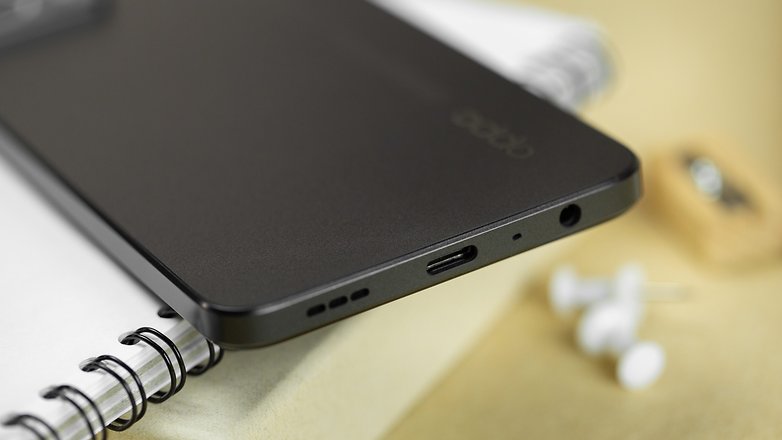
What's striking about the Reno 7 4G is that Oppo has managed to add a battery size of 4,500 mAh without compromising the weight or thickness of the device. What's more, the phone charges in a reasonably quick time without overheating and provides enough battery power to use the device for up to two days.
Of course, this time can vary depending on how you use the device, but overall, I was able to do one-hour photo sessions, play PUBG Mobile for about an hour, watch YouTube videos, surf the web, and still make it to the end of the day with enough battery power to make it to the middle of the next day. In this regard, the Snapdragon 680 seems to handle power very well.
In PCMark’s battery benchmark tests, the Oppo Reno 7 4G loaded at 100% of the charging capacity and with screen brightness set at 80% and crashed after 12 hours of continuous use. Unfortunately, looks like we had an incompatibility between the benchmark app and the ColorOS 12.1. We ran the test 3 times and the same issue happened every time, similar to what happened during the Find X5 Lite review.
Technical specifications and other information
I will list below other points that may interest the NextPit community, but are not worth additional paragraphs:
- The Oppo Reno 7 4G includes NFC support and is compatible with Google Pay for contactless payments.
- The review unit packaging included the 33 W SuperVOOC charger, a charging cable, a SIM tray opening tool, a phone case and a USB-A to USB-C adapter (for content transfer).
- As for audio, the device has a mono speaker.
- After resetting the updated handset, the operating system indicated 21.9 GB of used space.
- The software version during the test was 11_A.01 (security patch March 2022).
- According to Oppo, the Reno 7 will get two years of Android upgrades and four years of security updates, with quarterly patches.
| Oppo Find X5 Lite specifications | |
|---|---|
| Product | |
| Display | 6.43 inch, AMOLED 1080 x 2400 pixels, 90 Hz |
| SoC/GPU | Snapdragon 680, 8 cores, up to 2.4 GHz | Adreno 610 @ 1100MHz |
| Memory | 256 GB ROM | UFS2.2 @ 2Lanes Gear3 8 GB RAM | LPDDR4x @ 2133MHz 2×16bit |
| Software | ColorOS 12.1 with Android 12 |
| Rear camera | Main camera: 64 MP | f/1.7 | 79° FoV Microlens: 2 MP | f/3.3 | 65° FoV Depth camera: 2 MP | f/2.4 | 89º FoV |
| Selfie camera | 32 MP | f/2.4 | 85° FoV |
| Video | Main camera: 1080p@30fps, gyro-EIS Selfie camera: 1080p@30fps, gyro-EIS |
| Battery | 4500 mAh Wired charging: SuperVOOC 33 W |
| Connectivity | 4G, Wi-Fi 802.11 a/b/g/n/ac, BT 5.1, NFC, A-GPS, GLONASS, BDS, GALILEO, QZSS |
| Dimensions and weight | 159.9 x 73.2 x 7.49 mm, 175 g |
Final verdict
What does a mid-range need to be a strong buying indication? In my opinion, the main feature is the price! And here Oppo manages to offer a good experience at an honest cost. Overall, the weakest point of this device is the rear camera module which, added to the absence of the 5G antenna, helped to cheapen the device.
The Oppo Reno 7 is certainly better than the general average of devices we found at €279/330 (approximately $300) and even with a few weaknesses here and there, the overall performance of this phone is really good. As alternatives to this low-tier model, we have the Galaxy A52 5G, the Realme 8 Pro, the OnePlus Nord CE 5G, the Xiaomi Redmi Note 10 Pro from 2021, and the Samsung Galaxy A33 from 2022.
So, what are your thoughts on the Oppo Reno 7 4G features? Do you believe that support for 5G internet network is a must-have also in the category of intermediate phones? Is the camera versatility relevant in your opinion?
